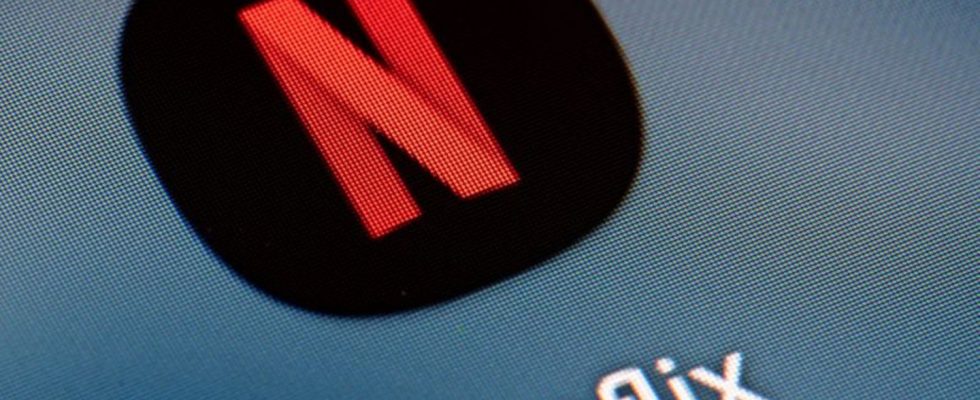Quarterly figures
Higher prices because of free riders: Netflix is celebrating success
Since the summer, Netflix has been taking action in Germany, among other places, against users sharing an account across one household. photo
© Fabian Sommer/dpa
While competitors are struggling with losses, Netflix can afford to hunt down account free riders. Inspired by more users, the streaming leader is now even risking higher prices.
The strong boost in the last quarter ensures confidence: the crackdown on sharing access data and the cheaper subscription with advertisements increased the number of customers by 8.76 million. Investors were thrilled: the shares rose by more than twelve percent in after-hours trading yesterday and by a good 13 percent in pre-market trading on Thursday morning.
Since the summer, Netflix has been taking action in Germany, among other places, against users sharing an account across one household. Additional money is required for this – either the fellow users pay for their own account, or the previous account holder adds them as an additional member for 4.99 euros per month. This is how much the cheapest subscription with advertisements costs in Germany.
The calculation seems to be paying off
According to Netflix’s previous calculations, around 100 million used the password from another household. Taking action against sharing accounts involves risk: disgruntled users might also prefer to switch to one of the many competing streaming services. However, Netflix is betting that the range of series and films is so attractive that people will pay more. This calculation seems to be working despite the difficult economic environment in many countries. Netflix now had 247.15 million paying customers at the end of the quarter.
For the last quarter, Netflix itself promised an increase of around six million subscribers – similar to the previous quarter. The cheaper subscription with advertising plays an important role here: in the countries where it is available, 30 percent of new customers choose it. Overall, the number of customers with advertising subscriptions increased by 70 percent within three months. For the current quarter, Netflix now expects an influx of customers on a par with the third quarter.
Dominance in the streaming business
Netflix emphasizes that the effects of the free rider hunt will last for a few more quarters: So far, some measures have not yet reached some user groups. Co-chief executive Greg Peters downplayed the possible effect of the price increases: something like this would have a greater impact on the proportion of new subscriptions taken out. In the USA, the most expensive Netflix subscription with the best picture quality will cost 22.99 dollars per month and in France 19.99 euros. In Germany you currently pay 17.99 euros for it.
Netflix is currently dominating the streaming business and breaking away from the rest of the industry, said industry analyst Rich Greenfield on the US broadcaster CNBC. An important step for the future is that former Pixar star John Lasseter’s company Skydance Animation switched its films from Apple’s streaming service to Netflix. This could help Netflix catch up with Disney when it comes to family entertainment.
Subscription with advertising successful
The subscription with advertising is going well because many users who previously watched Netflix with passwords from friends or family members opted for it, emphasized Greenfield. With its advertising offering, Netflix is increasingly targeting the advertising money that previously flowed into linear television.
Netflix sales rose by eight percent year-on-year to $8.54 billion (8.11 billion euros), as Netflix announced yesterday. Profits grew by around a fifth to around $1.68 billion.

